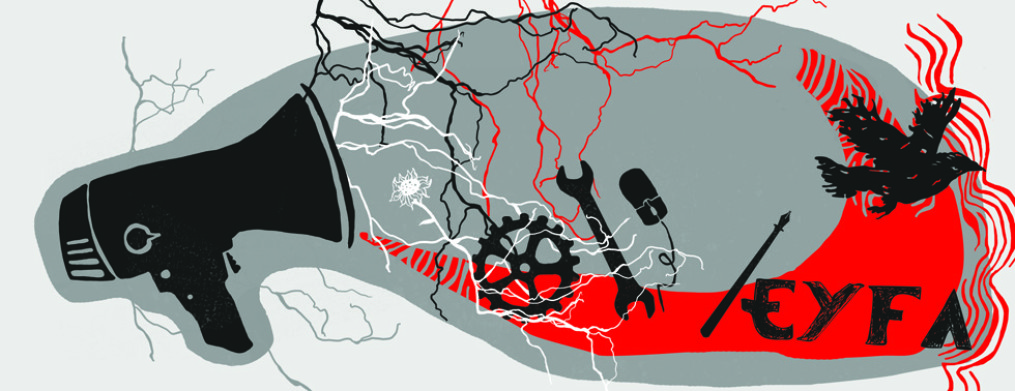This international youth exchange brought together 40 young people from Germany, Romania , Ireland and the UK in an aim to build more diverse, resilient youth-led civic organisations capable of improving civil society across Europe. It allowed participants to collaborate across differences, improve communication skills for intercultural dialogue and develop facilitation skills to increase their own groups’ capacities to promote the common values of freedom, tolerance and respect of human rights.
What happened?
The 10 day training started with getting to know each other where we created a safe container to enable effective learning in a cross-cultural context. After allowing participants to familiarize themselves with the environment, we identified the learning goals while encouraging honest dialogues as the base for communication within the group.
Next we looked into identity differences where participants could examine and understand various group dynamics and to prepare the group to tackle challenging personal and emotional topics like exclusion. Participants were encouraged to apply skills such as active listening, management of diversity and conflict facilitation that analyzed styles and patterns of communication in intercultural dialogue.
To ensure a transformative learning environment, we explored systems of oppression through reflective exercises where volunteer participants could openly share on experiences of marginalization and exclusion while
learning skillful ways of navigating discriminatory situations. There was also room for constructive feedback providing an open, supportive and meaningful process.
We also spent time identifying how prejudice and discrimination arises in organizations, the barriers that marginalized youth face and ways we can overcome them.
For the final two days, participants got opportunities to apply key facilitation skills using relevant action plans to incorporate inclusive practices in their own organizations through role play exercises.
Thanks to facilitated follow up steps, the people were given a chance to exchange ideas and plan for potential future collaborations and means of mutual support.
Objectives
The projects objectives were to:
1. Explore how differences such as race, gender, class, culture, nationality, ethnicity & sexuality
impact the capacity of both marginalised youth & youth-led civic organisations to engage actively in
civil society;
2. Cultivate participants’ abilities to effectively navigate these differences + build collaborative
partnerships that foster intercultural dialogue & promote diversity;
3. Practice key skills needed to facilitate youth groups developing action plans to better include marginalised youth.
Outcomes
After taking part in the activity, the participants are able to :
– Demonstrate an anti-discriminatory and inclusive attitude;
– Understand their own experiences of identity, power, discrimination and marginalisation, enabling them to more effectively relate to others they encounter;
– Understand the interconnections of discriminations at a local and global level;
– Demonstrate empathy and understanding of others’ experiences of marginalisation and diversity;
– Understand the key barriers to civic participation faced by marginalised youth;
– Execute essential ‘soft-skills’ such as active listening, conflict facilitation and management of diversity;
– Work with conflict and effectively facilitate challenging group dynamics that result from discriminatory behaviour;
– Conduct efficient and extensive organisational inventories to identify opportunities and challenges in relation to the inclusion of marginalised youth;
– Practice peer support processes for ongoing personal and professional development e.g. GROW coaching method;
– Facilitate intercultural dialogue and collaboration across different identities;
– Facilitate diverse groups of young people to collaborate effectively across difference;
– Address prejudice and discrimination and creating opportunities for learning and growth;
– Exchange and contextualise best practice for the inclusion of marginalised youth in youth-led civic organisations with like-minded young organisers;
– Dismantle organisational barriers to the inclusion of marginalised youth;
– Ensure their organisations are more accessible, relevant and inclusive of marginalised youth;
– Address discriminatory behaviour as it arises in their organisations;
– Challenge ingrained ways of thinking in their communities and organisations which perpetuate discrimination and marginalisation;
– Disseminate their learning to other organisations;
– Access a large network of active youth organisers through the strong relationships built during their involvement in the activity;
– Build collaborative partnerships with other organisations to continue learning and development;
– Contribute to and participate in complex, international, multi-partner collaborations and projects.
This project was made possible with the financial support of the Erasmus+.

